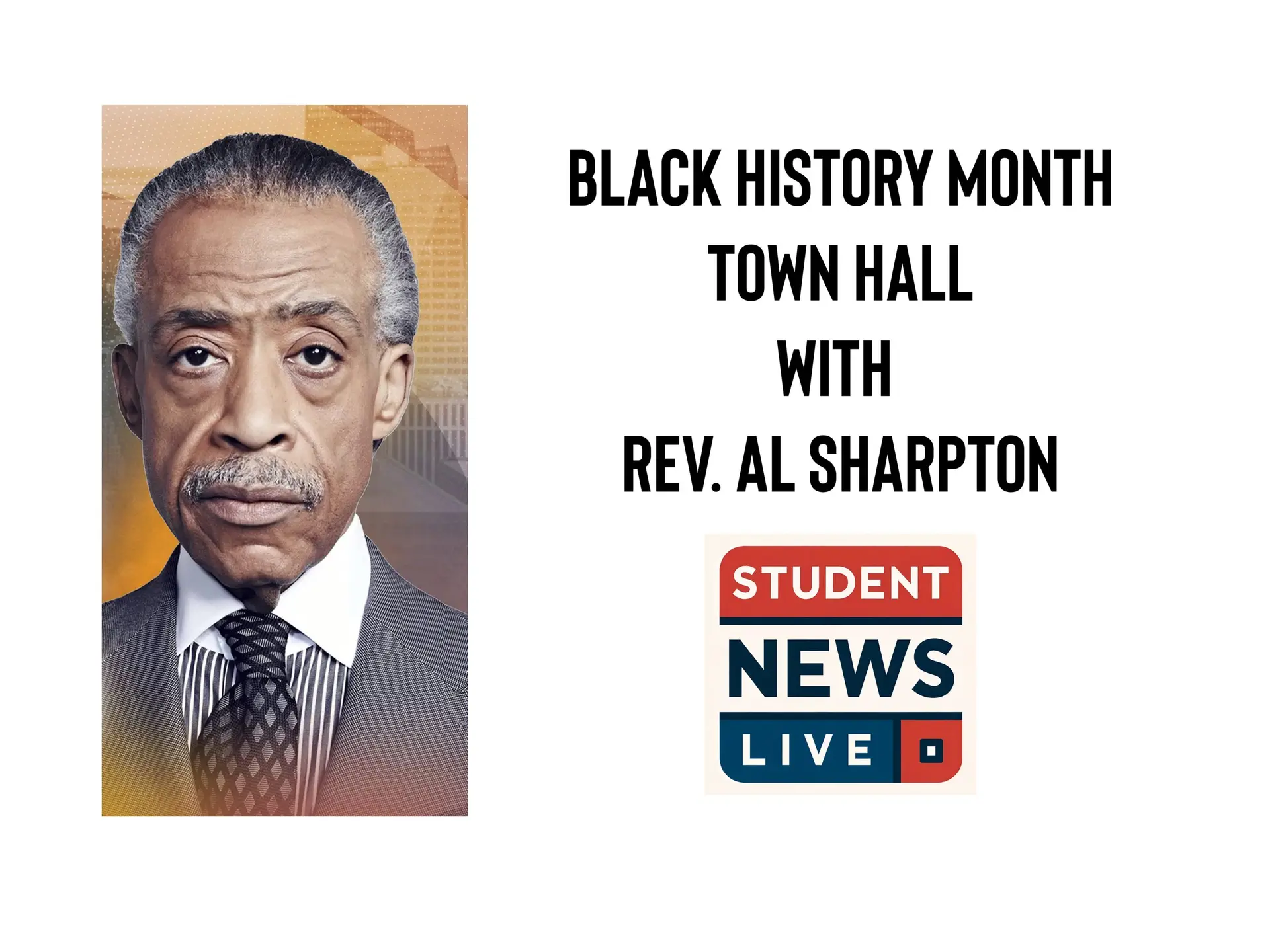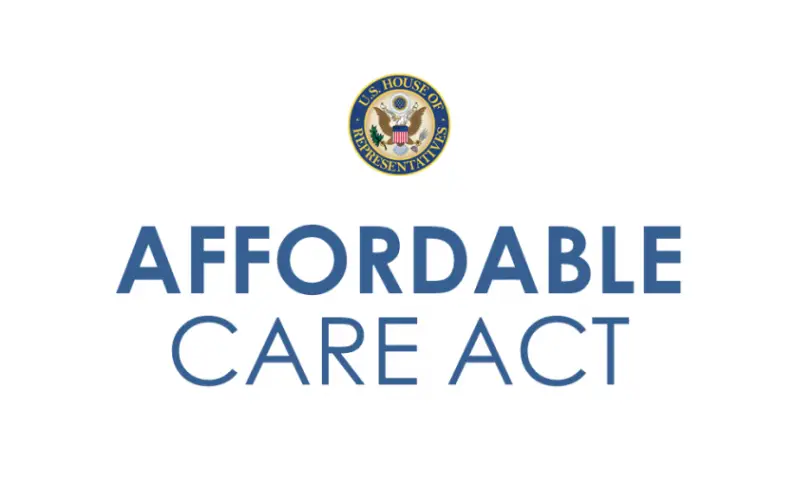College students have plans for November 5, but do they have plans for November 6? How they hope to protect their mental health following a historic election
By Abigail Meyers
“I’m just kind of bracing myself for what’s to come.”
Hope Dudley, a junior at Simmons University, is one of the over 67 million Americans who have casted an early vote in the upcoming 2024 general election, equivalent to nearly half of the total vote in 2020. A poll by NBC News reports that 9% of early voters are in the 18-29 age range.
An Inside Higher Ed and Generation Lab poll from September gave Vice President Kamala Harris a massive lead over former President Donald Trump, Harris polling at 57% while Trump came in at 19%. The same group of students were polled on their top issues: the economy/cost of living came in at number one, with reproductive rights, the future of democracy and gun control following.
Emmanuel College sophomore Makenzie Parent has additionally casted a vote in the election already, and said she is “trying not to think about [the election],” in an interview with Student News Live. The developmental psychology major emphasized that she has a lot of anxiety surrounding the historic election, and that it “scares her;” Dudley echoed similar thoughts.
Both fall into the 77% of Americans who according to the American Psychological Association (APA), say the future of our nation is a significant cause of stress in their lives. However, both also have a plan with how they’re going to cope with the aftermath, whether its in their favor or not, of such a historic election that is causing most Americans to feel overwhelmed and stressed.
“I’m trying to surround myself with people I love and who share my beliefs,” said Dudley. “We’re just all going to try and emotionally support one another.”
Mental health professionals, political scientists and various other experts are unpacking the concepts of election stress and political anxiety – especially in a pinnacle election year. Ford called politics multifaceted and complicated, experts recommending a variety of stress-reduction tools.
Beyond the typical emphasis on quality sleep and movement throughout the day, experts recommended controlling one’s environment, especially digital. They emphasized tailoring your feed to sources who use language at a level of urgency that works for you, adding that not everything has to be “breaking news.” If people are absorbing content where even the smallest of stories are classified as “breaking news,” experts say that’s when it’s time to unsubscribe.
Scott Gortikov, a Needham, Mass.-based social worker specializing in life transitions and anxiety did not respond to requests for comment in time for publication.
“I plan on doing a ton of self-care,” said Parent when asked how she was going to cope with the aftermath of the election, no matter what happens. “I’m going to be treating and taking care of myself, no matter what happens, just as everyone should.”





Post Comment